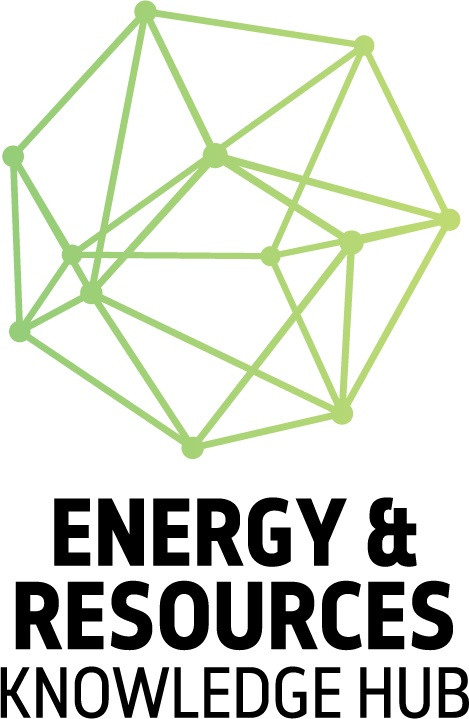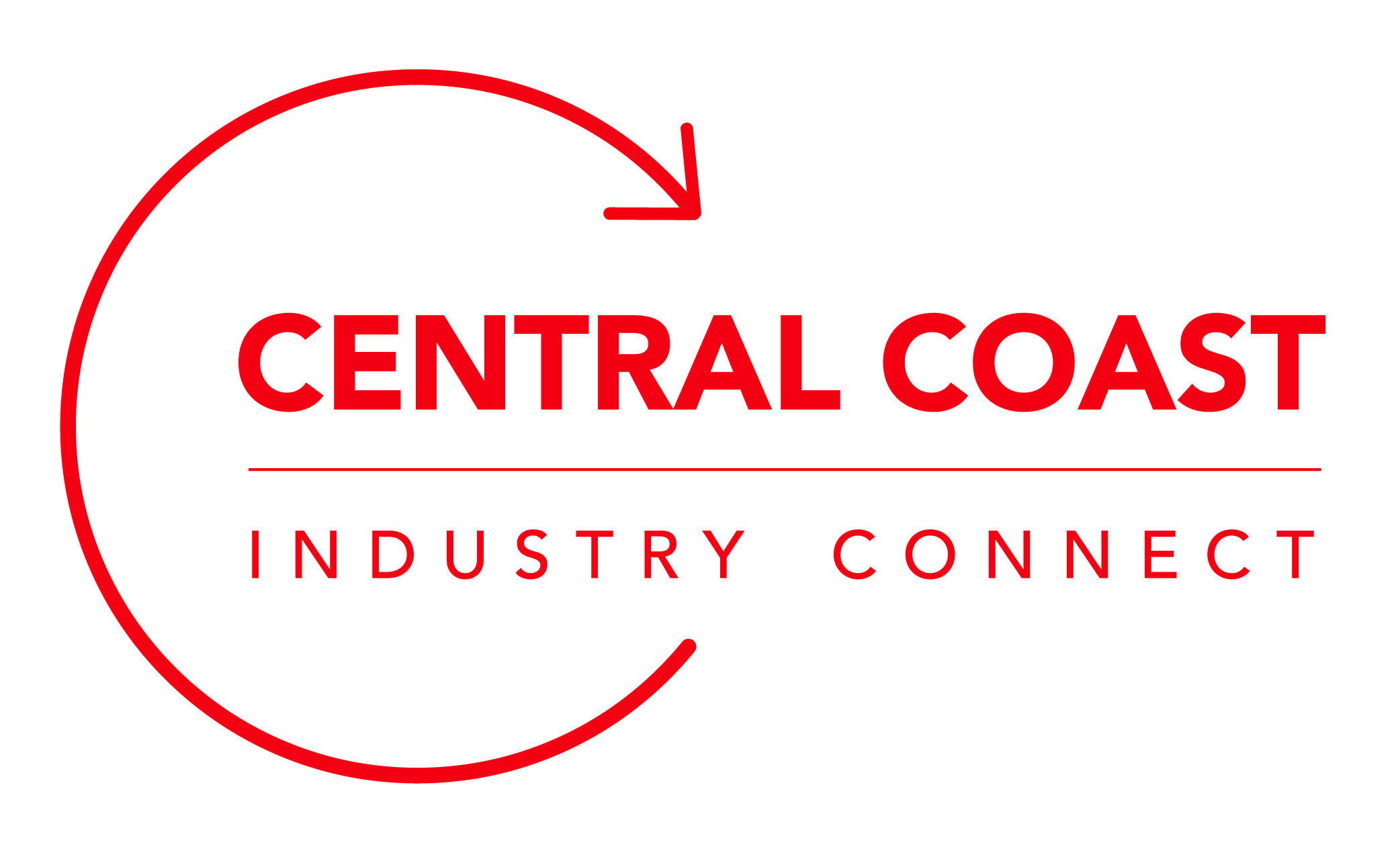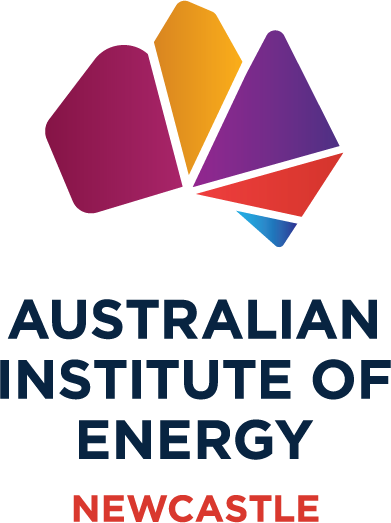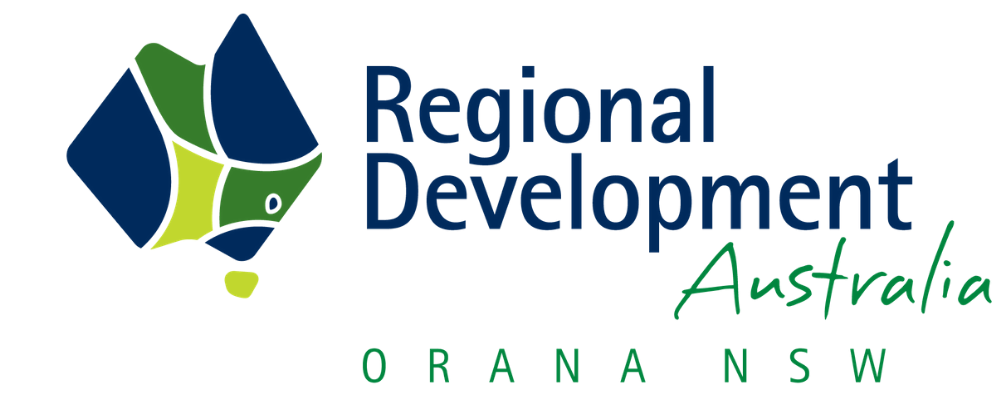Report: Energy transition challenges best met with inclusive and transparent collaboration
A new report, from Monash University and Royal Holloway University researchers, has outlined how Australia can move equitably towards zero carbon emissions by overcoming socio-economic, location, scale and technology challenges

Launched last week, the ‘Just Transitions in Australia: moving towards low carbon lives across policy, industry and practice’ report recognises that Australia’s heavy reliance on jobs and economic activities in carbon-based energy systems and industries means a transition to low carbon will have ripple effects across multiple spheres of Australian society.
The report addresses these unique challenges and suggests key principles that government, industry and households can adopt to ensure that decarbonisation of Australia's economy and society is inclusive of all people and places and does not create new harms or inequalities. The principles encourage stakeholders to:
- Attend to differences between and within locations and communities in terms of the potential, attributes, and local experience of systems change
- Carefully consider the different timescales at which just transitions can be implemented across different communities and sectors
- Engage with models of innovation beyond technology, to acknowledge the role of people, places and communities in social and institutional change needed for decarbonisation
- Listen to and respect local knowledge, experiences and complexities in everyday life to guarantee lasting impact
- Consider the distribution of responsibility for essential goods and services as well as fair distribution of costs and benefits among diverse groups
- Ensure that First Nations peoples, including Traditional Owners, are empowered to participate and lead the transition
- Encourage inclusive engagement and participation in transitions processes, which will benefit from cross-sectoral coalitions of actors
- Deliberate and promote transparency on how the benefits and potential negative consequences of decarbonisation are understood and accurately communicated in and for localities and regions.
Report co-author and Monash University’s Emerging Technologies Research Lab Director, Professor Sarah Pink, said “just transitions must lead to fair, trusted and safe futures for everyone”.
“Policy makers should keep in mind a just transition is about better futures for all of us, and needs to be finely attuned to the needs and unique challenges in every rural, regional and urban community across Australia,” Professor Pink said.
“We urgently need to move beyond finding quick-fix solutions and work towards holistic initiatives which take into account the dynamic and interconnected nature of Australian industry, workplaces, governance, communities and the daily lives of real people.”
Report co-author and cultural geography expert Professor Peter Adey from Royal Holloway University of London said the research highlights that transitions to low carbon cannot be based on hopes of significant technological change or placing the blame and responsibility on the individual.
“It is important that those driving policy towards decarbonisation recognise that transition involves people and communities, and they should not be left behind but put at the forefront,” Professor Adey said.
This report is informed by studies including recent existing and ongoing research with people in communities across Australia, submissions from key organisations, expert interviews and sector-specific reviews.
The report is a result of research from Monash University’s Emerging Technologies Research Lab and MSDI in collaboration with researchers from Royal Holloway University of London, UK.
The project was funded by the British Academy’s Just Transitions to Decarbonisation in the Asia-Pacific Programme.












